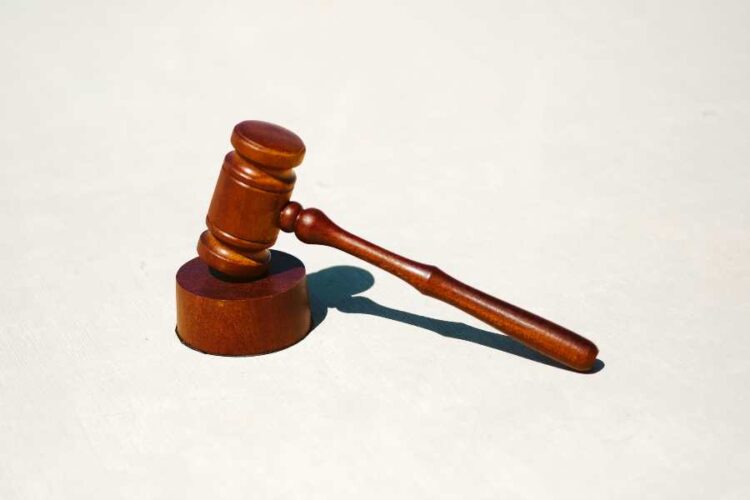An injury caused by someone else’s negligence is more painful because it is always sudden and unexpected. Whether you sustain injuries due to a car accident, workplace mishap, medical negligence, or a slip-and-fall incident, you struggle physically, mentally, and emotionally. The only solace is that you are not alone because nearly 300,000 personal injury claims are filed annually in the US.
According to recent statistics, 3 million Americans are injured in car accidents every year. Nearly 200,000 injuries are caused by medical malpractice and 34,200 slip/fall deaths occur annually. The numbers are staggering, and they show the serious consequences of negligence. Fortunately, personal injury law comes to the rescue of victims, empowering them to seek compensation.
Data shows that only 4-5% of claims go into trial, with the remaining settled by negotiation. An early settlement may seem alluring to a victim battling injuries, but it may not always be a wise move. As a victim, you should understand the potential downsides of opting for it.
In this article, we will give you valid reasons to think twice before settling your claim quickly.
Inadequate Compensation
A personal injury costs more than medical bills and rehab expenses. It can translate into lost wages, cost of pain and suffering, and long-term expenses related to disability such as costs of home modification and mobility aids. A quick settlement can help you cover the financial losses, making it an alluring proposition.
The biggest claim in the country’s history was worth $206 billion, with America’s four largest tobacco companies paying punitive damages to 46 states. In another case, General Motors (GM) paid $1.2 billion to a family in an auto defect (product liability) claim. The median compensation, however, is a small fraction at $31,000, though it may vary from case to case.
Early settlements carry an additional risk because victims may underestimate the true extent of their damages. The repercussions of personal injuries are often lasting, making them hard to predict. For example, some injuries like internal bleeding or traumatic brain injury may not show up immediately. Victims often encounter complications during treatment.
Final and Binding Decision
Forbes notes that the average time between personal injury and final settlement is 11.2 months. Some victims may receive compensation in less than two months, while complicated cases may drag on for years once they go to a court trial. Wrapping up your claim with an early settlement seems like a good way to get closure and financial coverage.
Remember that by accepting and finalizing a settlement, you waive your rights to pursue further legal action. Suppose that complications arise later or the actual extent of damages becomes apparent after settling the claim. You will have limited legal recourse to seek more compensation to cover your damages and losses.
According to Freeman Law Firm, Inc., you can find a lawyer who charges contingency fees to minimize the financial burden of a court trial. These lawyers do not seek upfront fees for their services and take a share of the settlement amount only after winning the case. For a victim struggling to stay afloat, this model eases the journey and reduces the lure of quick settlements.
Legal Ambiguity
Another reason to steer clear of an early settlement for your personal injury claim is that it may occur before the determination of the full extent of liability. When you choose this easy route, you look for a shortcut. Settling quickly means you may miss out on all evidence to show the negligence of the responsible party.
Lack of evidence may lead to unfair settlement and less compensation than you rightfully deserve. Besides a lack of legal clarity, the pressure tactics of insurance companies often force victims to settle for less. When settling without a lawyer, the insurance company and opposing party may use strategies to push you for an early settlement and lowball compensation.
Victims often give in because they are overwhelmed by mounting medical bills, emotional distress, and lost wages. You are in a vulnerable position when you don’t have a legal expert on board. Besides taking time to settle, seek help from a seasoned lawyer to negotiate your claim.
In conclusion, early settlement may promise a swift resolution to your financial challenges after a personal injury. However, the easiest route is not always the best one because you may miss out on the compensation you deserve. An experienced personal injury lawyer can help you negotiate a claim that covers your damages, offers long-term financial stability, and gives you a fresh start.









